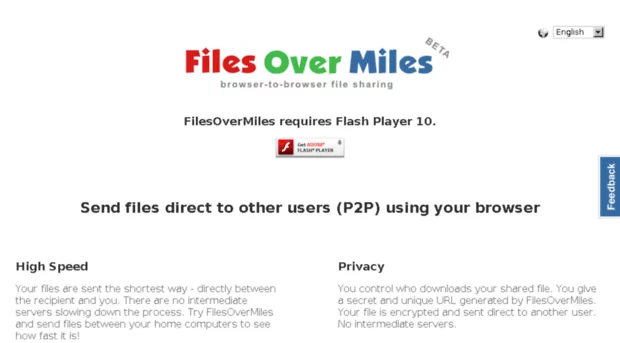Top 10 Files Over Miles Alternatives for Secure File Sharing
Files Over Miles (FOM) is a service that allowed easy and secure file sharing over long distances. It enabled users to transfer files up to 5GB in size without requiring the recipient to have an account. However, FOM shut down in 2019. For those looking for alternatives to securely send large files, here are the…
